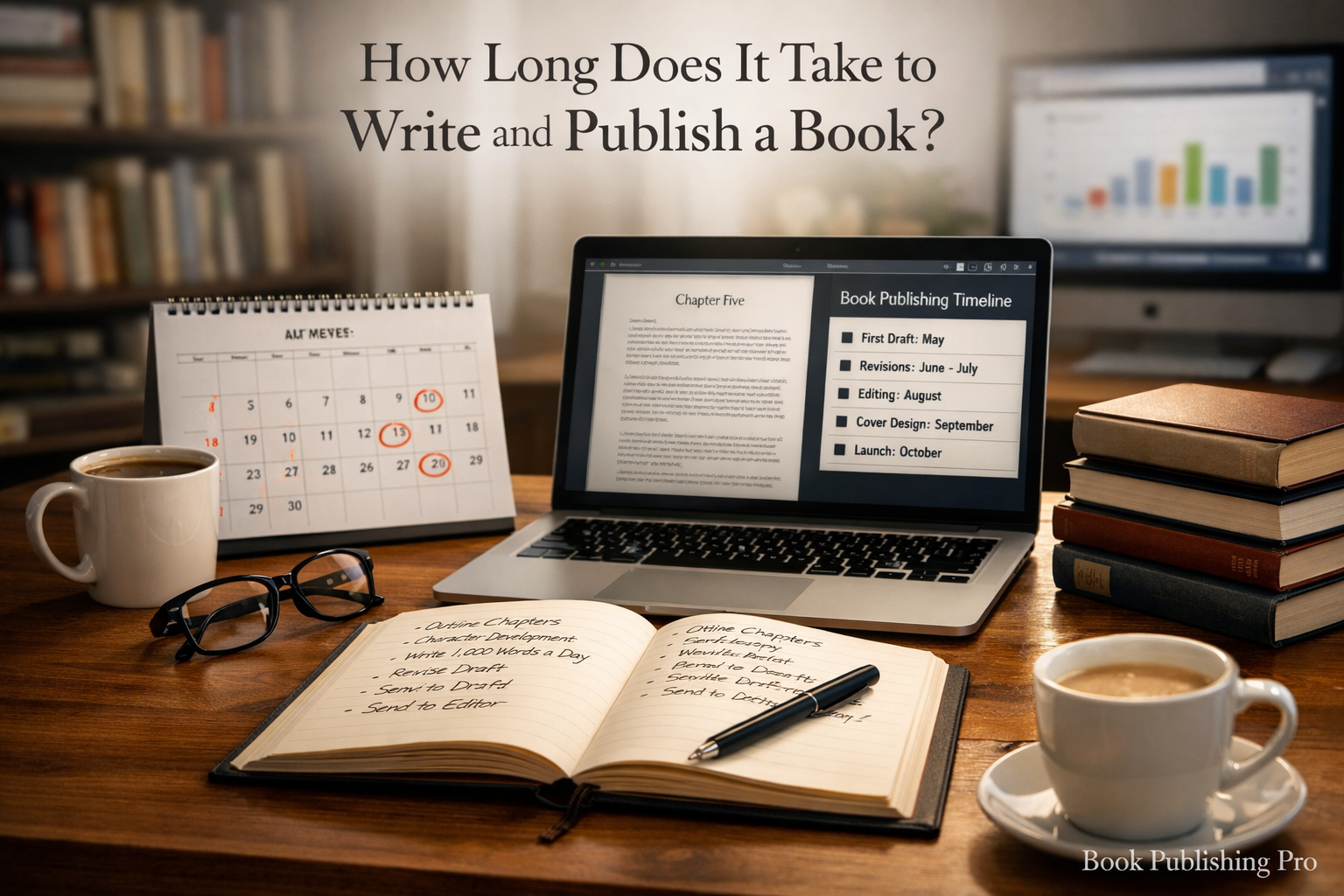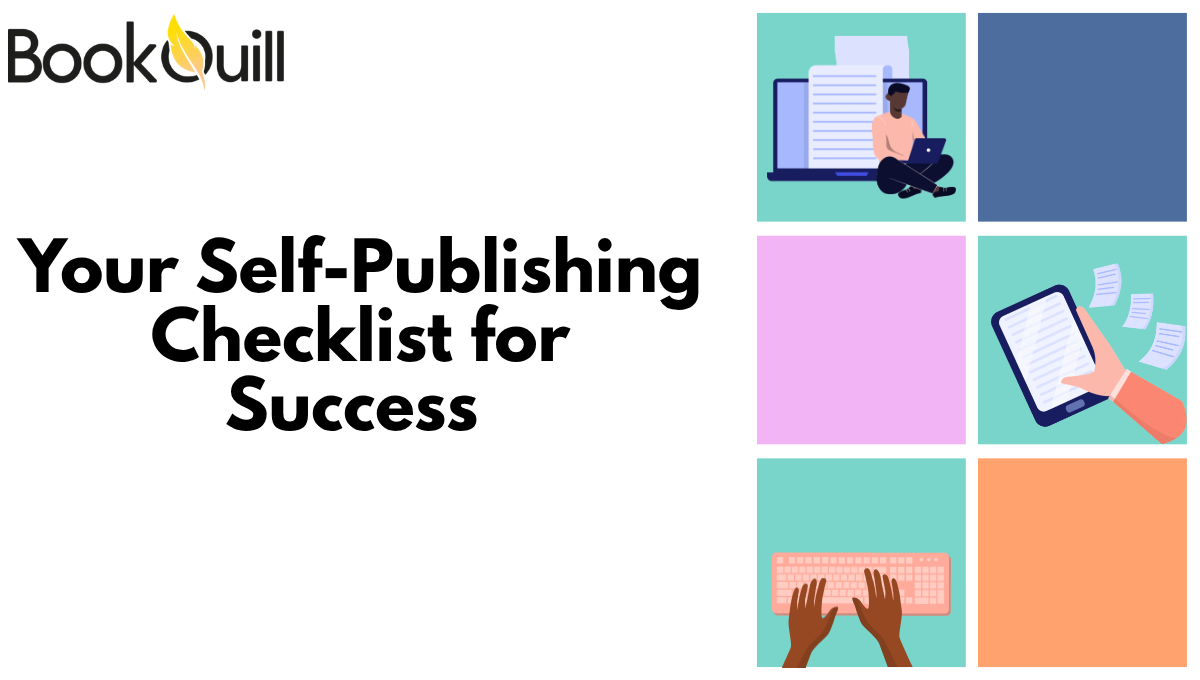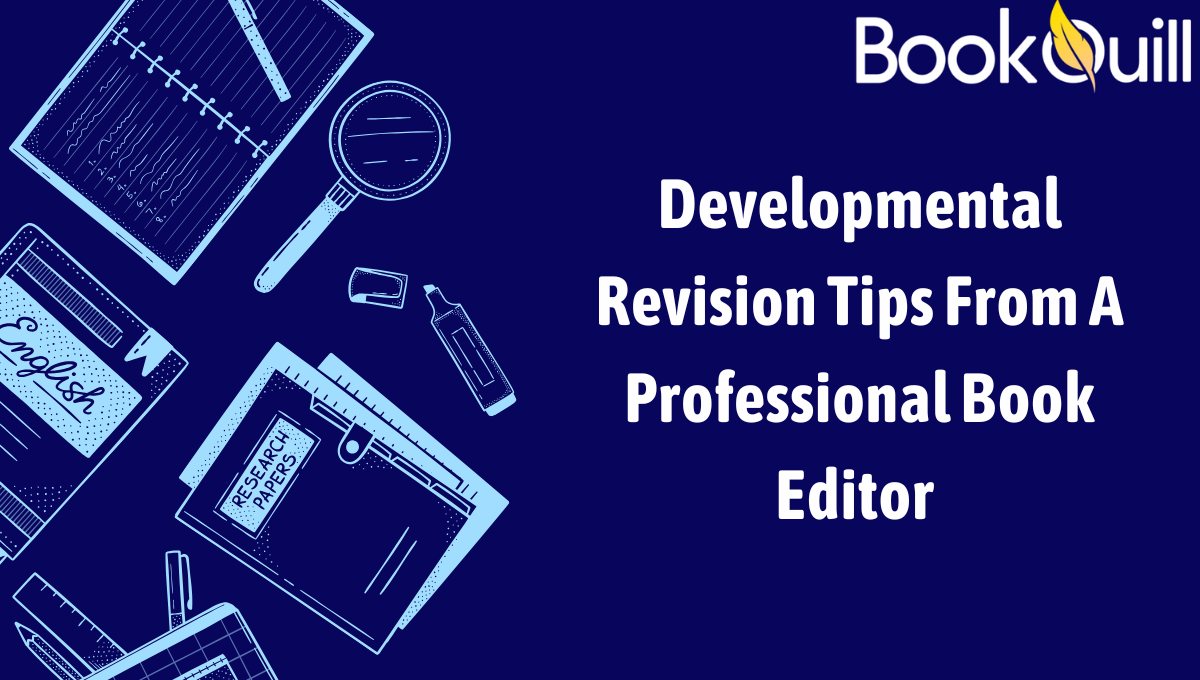Writer’s block can be one of the most frustrating experiences for authors, whether seasoned or just starting their journey. It’s a moment when inspiration feels far away, and creativity seems stuck in neutral. If you’ve ever found yourself staring at a blank page, yearning for the right words, know that you’re not alone. Many acclaimed authors, including R.S. Daughtry, have faced this challenge. Yet, just as R.S. Daughtry brought forth gripping narratives like Through the Eyes of Evil, you too can overcome writer’s block with the right strategies.
Understanding Writer’s Block
Before diving into solutions, it’s essential to understand what causes writer’s block. Often, it’s a combination of factors:
- Perfectionism: Fear of writing something that isn’t “good enough.”
- Stress or Burnout: Life’s demands can drain your creative energy.
- Lack of Inspiration: Struggling to find an idea or direction for your work.
- Self-Doubt: Questioning your abilities as a writer.
Addressing these underlying causes is the first step toward reigniting your creativity.
1. Embrace Freewriting
Freewriting involves setting a timer and writing continuously without worrying about grammar, structure, or coherence. This exercise helps bypass the inner critic and lets ideas flow freely.
- Start with a random word or idea.
- Write for 10–15 minutes nonstop.
- Don’t edit or judge your work during this time.
You might discover that amidst the chaos, a spark of inspiration emerges.
2. Find Inspiration in Books and Art
Sometimes, revisiting the works of other creatives can reignite your own passion. Dive into genres you love or explore something entirely new. R.S. Daughtry’s Through the Eyes of Evil is an excellent example of a story that captivates readers with its depth and suspense. Reading such works might inspire you to explore new narrative styles or themes.
Similarly, visiting art galleries, listening to music, or watching movies can awaken dormant creativity.
3. Establish a Writing Routine
Writing regularly trains your brain to be creative on demand.
- Dedicate a specific time each day for writing.
- Create a comfortable, distraction-free workspace.
- Treat this time as sacred, even if you only write a few lines.
Over time, consistency becomes a powerful antidote to writer’s block.
4. Revisit Old Drafts
If you’re stuck, go back to your earlier works. Sometimes, revisiting an abandoned draft or even rereading your completed pieces can reignite your enthusiasm.
- Ask yourself what you loved about that story.
- See if there are ideas or themes you can expand upon.
Who knows? Perhaps a forgotten draft might lead you to your next masterpiece.
5. Take Breaks and Recharge
Creative minds need rest to thrive. Overworking can lead to burnout, which exacerbates writer’s block.
- Take a walk in nature.
- Meditate or practice mindfulness.
- Engage in hobbies outside writing, like painting or cooking.
These activities give your brain a chance to reset and refocus.
6. Set Achievable Goals
Break down your writing tasks into smaller, manageable chunks.
- Instead of aiming to write an entire chapter, focus on completing one paragraph or scene.
- Celebrate small victories—they build momentum.
This approach helps you stay motivated without feeling overwhelmed.
7. Connect with Fellow Writers
Joining a writing group or attending workshops can provide a fresh perspective.
- Share your challenges and gain support from peers.
- Exchange feedback on each other’s work.
Connecting with a community reminds you that every writer faces blocks, but they’re all surmountable.
8. Experiment with Writing Prompts
Sometimes, all you need is a nudge in the right direction. Writing prompts can spark new ideas and take your creativity in unexpected directions.
- Try prompts related to mystery or suspense, inspired by Through the Eyes of Evil.
- Challenge yourself to write a scene outside your usual genre.
9. Visualize Your Audience
Think about the readers who eagerly await your words. Visualizing their reactions—whether they’re laughing, crying, or sitting on the edge of their seats—can rekindle your motivation.
For instance, imagine readers delving into the gripping world of Through the Eyes of Evil. What emotions do you want to evoke in your audience?
10. Acknowledge and Overcome Fear
Fear of failure often paralyzes writers. Recognize this fear and confront it.
- Remind yourself that the first draft doesn’t have to be perfect.
- Write for yourself first, without worrying about how others might perceive your work.
Remember, even bestselling authors like R.S. Daughtry had to push past self-doubt to create compelling stories.
Final Thoughts
Writer’s block is not a permanent state—it’s a temporary hurdle that every writer can overcome. By experimenting with different strategies and being kind to yourself, you can reignite your creativity and find joy in storytelling once again.
Whether you’re crafting a chilling mystery like Through the Eyes of Evil or exploring entirely new genres, remember that the journey is just as important as the destination. Keep writing, keep dreaming, and let your words inspire the world.
Let me know if you’d like additional edits or customizations!
















Leave a Reply